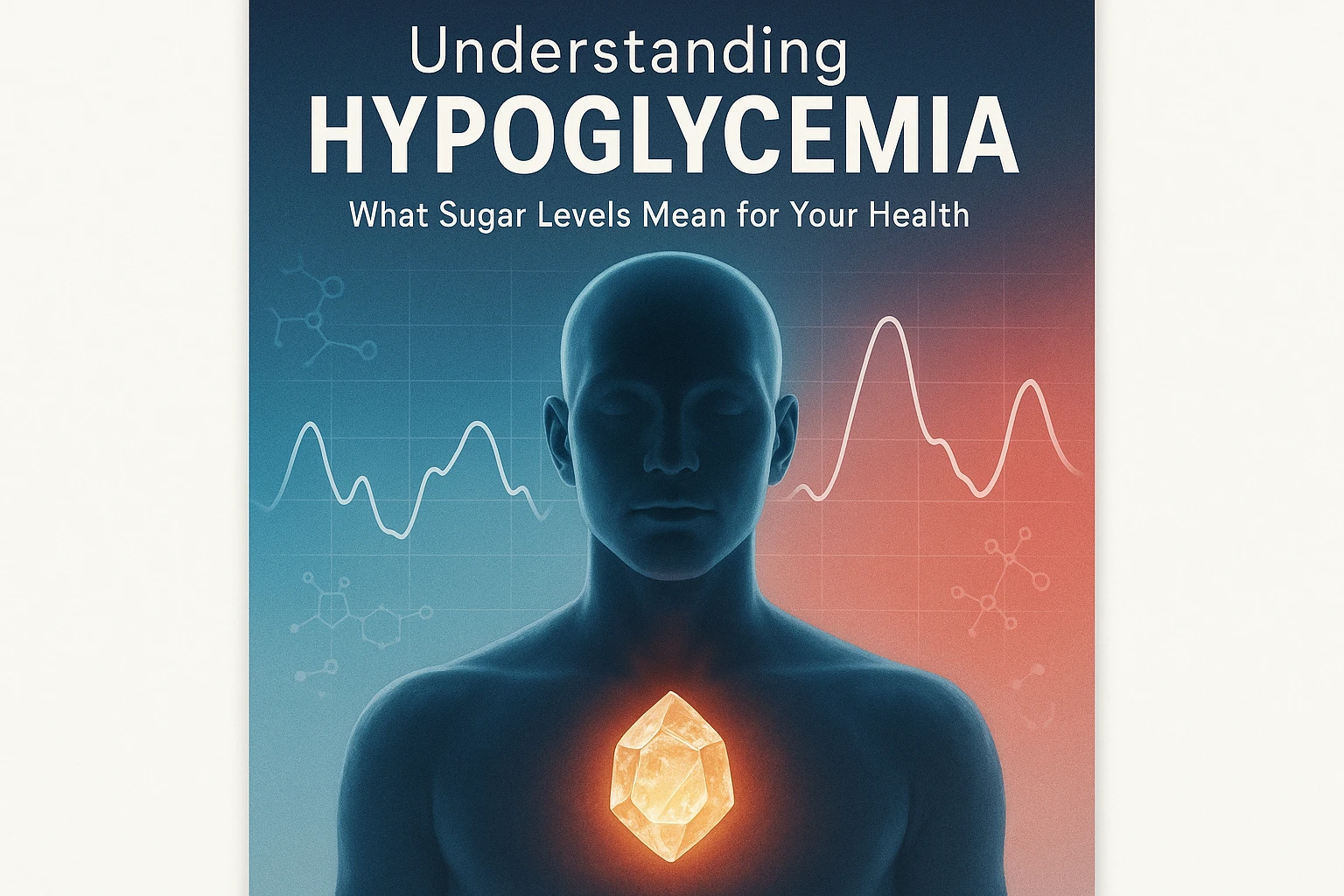Understanding Hypoglycemia: What Sugar Levels Mean for Your Health
Ever feel a sudden dip in energy that makes you wonder if your “sugar levels” are on a roller coaster ride? You’re not alone! Navigating the world of hypoglycemia and sugar levels can seem like a daunting task. But fear not! Like a skilled chef who knows the right ingredients for a perfect dish, I’m here to guide you through understanding and managing these crucial sugar indicators. Let’s prevent a potential health crisis together and stay informed to take full control of our health.
Key Takeaways
- Hypoglycemia involves dangerously low blood sugar levels that need immediate attention.
- Managing hypoglycemia is critical for individuals with diabetes.
- Technologies like continuous glucose monitors aid in hypoglycemia awareness.
- Education plays a pivotal role in preventing and managing hypoglycemia.
Table of Contents
Understanding Hypoglycemia
Let’s chew on this for a moment: Hypoglycemia occurs when your blood sugar, a primary source of energy, takes a nosedive. It’s a common conundrum for those managing diabetes. Picture a power plant without fuel – that’s your body on low sugar! Common symptoms of hypoglycemia include shakiness, sweating, and confusion, and if left untreated, it can lead to serious complications like seizures. So, how to identify it?
- Blood sugar levels lower than 70 mg/dL can signal hypoglycemia.
- Episodes are sometimes misdiagnosed due to overlapping symptoms with other conditions.
- Over 202,000 emergency visits annually are linked to hypoglycemic incidents in the U.S., according to the American Diabetes Association.
Monitoring and Technology
Fasten your seatbelts, we’re diving into the data on modern tech marvels that help us manage hypoglycemia. Sensors and wearables aren’t just sci-fi fantasies – they’re real and they work! Continuous glucose monitors (CGMs), for instance, offer a digital window into your sugar levels, helping you stay on top!
- CGMs provide real-time glucose readings, curbing surprises from sudden dips.
- Studies show awareness of hypoglycemia improves significantly with these devices.
- Tales of tech: Case reports suggest hybrid closed-loop insulin pumps enhance hypoglycemia awareness in those with history of unawareness.
Effective Management Strategies
Here’s the delicious twist: Managing hypoglycemia can be as rewarding as perfecting a beloved recipe. It’s all about using the right strategies! From rescue sugars to lifestyle tweaks, let’s slice through the data and prep your personal preventive measures!
- The “15-15 rule”: Consume 15 grams of carbohydrates, wait 15 minutes, then recheck your levels.
- Severe cases? Don’t panic. Timely medical attention is key to riding the wave back to safety.
- Research reveals only 43% of severe cases in children follow guidelines, emphasizing action improvements (source).
Importance of Education
Now, let’s chew on this: education isn’t just a classroom buzzword; it’s the backbone of effective health management. Empowering ourselves with the latest knowledge in hypoglycemia can make all the difference. So, what does the syllabus include?
- Understanding how your diet impacts sugar levels prevents unexpected dips.
- Education programs emphasize the importance of regular glucose monitoring.
- Comprehensive education is vital, as reinforced by diabetes experts (source).
FAQs
What are the signs of severe hypoglycemia?
Shakiness, sweating, confusion, seizures, and unconsciousness can occur when sugar levels plunge drastically. It’s crucial to act fast to address these signs.
How can I prevent hypoglycemia while driving?
Using continuous glucose monitors (CGMs) and understanding your body’s signals are essential. Always have a carbohydrate snack within reach to stabilize levels quickly if needed.
Are continuous glucose monitors accurate for everyone?
While CGMs significantly improve awareness, there are reports of perceived inaccuracies. It’s important to use them as part of a broader management strategy, under guided medical consultation.
Understanding hypoglycemia presents the opportunity to take control of your condition. While it’s a journey best embarked on without the guesswork, having the right information and tools can help you sidestep potential health crises. By ensuring you have the proper knowledge, tools, and support, you’re set to handle those sugar level roller coasters with ease. Get cooking with these actionable insights, and put them into practice! Until next time, stay informed and health-savvy!


Leave a Reply